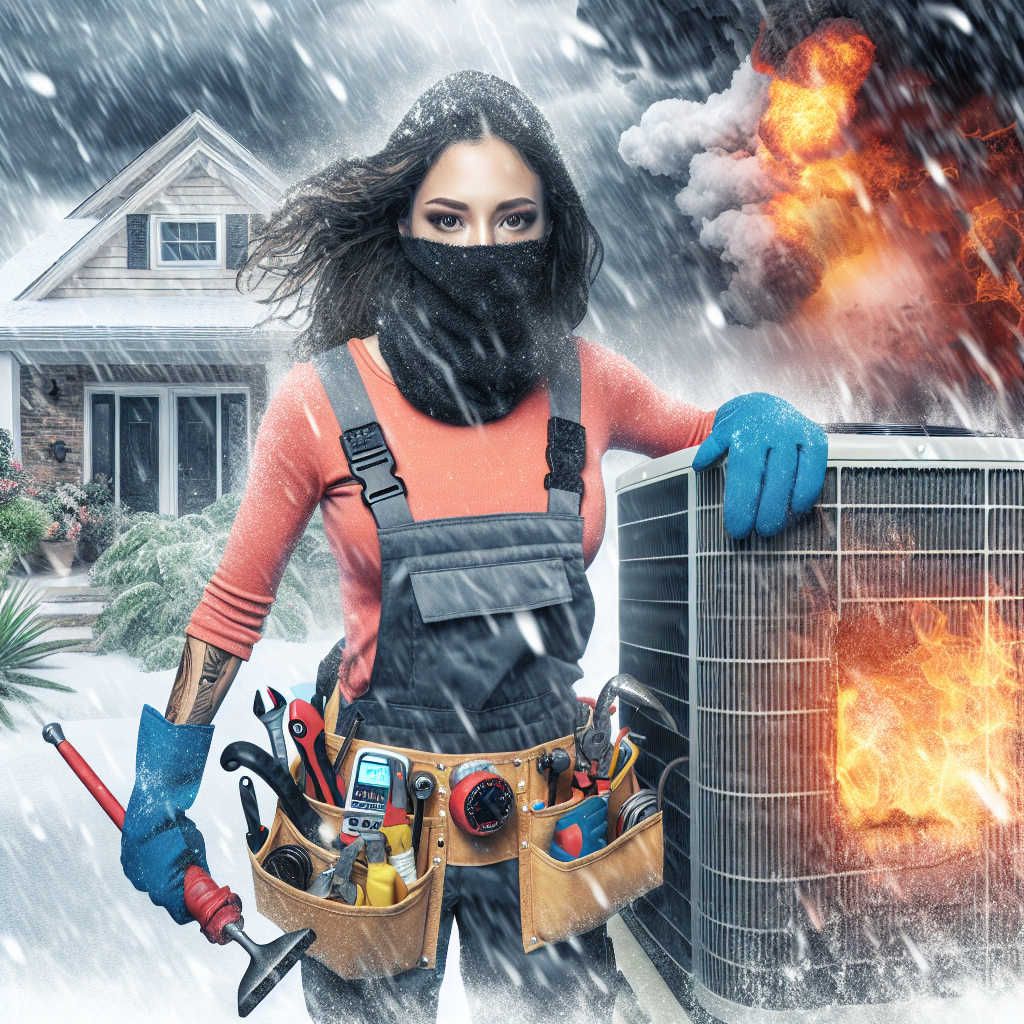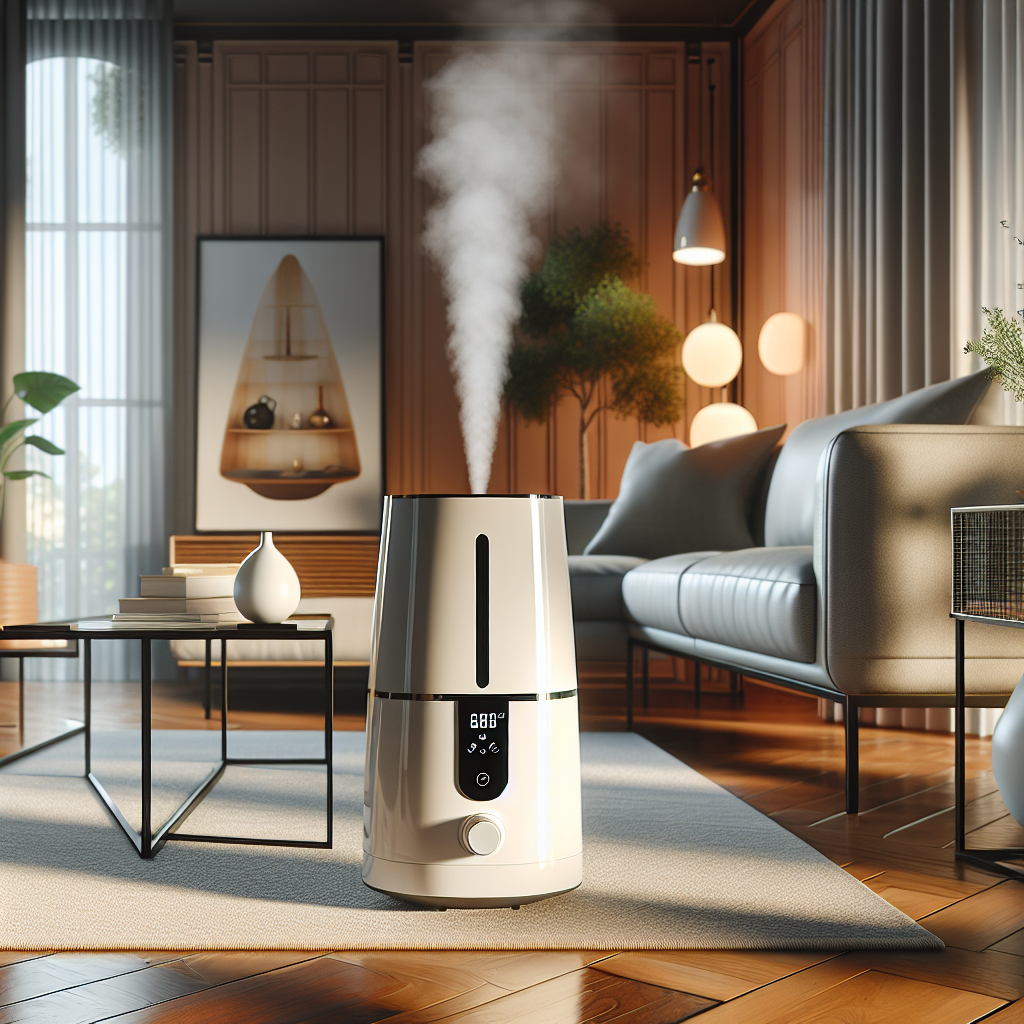Keeping Your Boiler in Good Condition: Advice from an Certified Professional
As an heating professional, I frequently see boilers in requiring repair and upkeep. A well-maintained boiler not only heats more effectively but also has an extended lifespan. Below is a guide on boiler repair and maintenance, covering typical troubles, basic troubleshooting, and when to reach out to a certified expert.
Boiler Repair Technician
Typical Boiler Issues
Central heating units can run into different issues over time. Here are some of the common problems I see in my work as an HVAC technician:
- No Hot Water Production: When your boiler isn’t heating, it may be due to a malfunction with the thermostat, low pressure, or a failing valve or diaphragm.
- Unusual Noises: Banging or gurgling sounds from the boiler suggest trapped air, a build-up of sludge, or even a worn part.
- Decreasing Pressure: A decrease in system pressure can affect your boiler from operating properly. Low pressure could be due to a pressure release valve.
- Pilot Light Extinguishes: Older boilers using pilot lights may encounter issues like flame loss due to drafts, a worn thermocouple, or a clogged ignition port.
- Temperature Settings Issues: Sometimes, the thermostat isn’t syncing with the boiler, which affects temperature control.
Simple Boiler Upkeep Advice
Regular upkeep is essential to maintaining your boiler at peak efficiency. Here are my top maintenance tips that can keep your boiler in top condition:
- Check Boiler Pressure: Your boiler typically operate at 1 to 1.5 bars of pressure. If the pressure is too low, use the filling loop to re-pressurize the correct pressure. Ensure not to exceed recommended levels to prevent stress on the unit.
- Bleed the Radiators: Air bubbles in the radiators lower system effectiveness. Use a radiator key to bleed out the trapped air, and make sure to re-pressurize if needed.
- Remove Obstructions Around the Boiler: Debris may clog parts, especially if it’s near materials. Maintaining a clear space helps.
- Flush the Boiler System: Sediment and sludge collect over time, affecting efficiency. A professional can flush the system to remove sludge, which improves efficiency.
- Book Yearly Boiler Servicing: A yearly inspection by a certified HVAC technician is important for catching minor issues before they lead to breakdowns. A professional technician looks at the overall system, repair any wear and tear, and make sure everything is running smoothly.
Boiler Repair Technician in Fountain Hill Pennsylvania 18015

Signs You Need an HVAC Technician
While basic simple fixes can be done by residents, certain boiler concerns are best left a certified technician. Below are situations where calling an HVAC professional is necessary:
- Leaking Boiler: A boiler seeping water indicates a significant issue. Moisture problems can lead to electrical hazards, so it’s best to contact promptly.
- Burner Won’t Ignite: If the pilot light fails repeatedly, it might be a problem with the thermocouple, gas valve, or ignition system. A professional should handle these components to ensure safety.
- Persistent Noises: Consistent banging, whistling, or gurgling could suggest a clogged pipe. A licensed checkup is recommended.
- Constantly Low Pressure: If your boiler is drops in pressure often, a valve might be malfunctioning that needs professional diagnosis.
Summary
Boiler repair and maintenance helps ensure a efficient heating system. Regular checkups and basic upkeep reduce the risk of future issues. For troublesome concerns, reach out to a licensed HVAC technician—we specialize in keeping your heating runs smoothly all season long.
Need Boiler Repair Technician in Fountain Hill 18015? Trust Lehigh Valley HVAC Pros!






